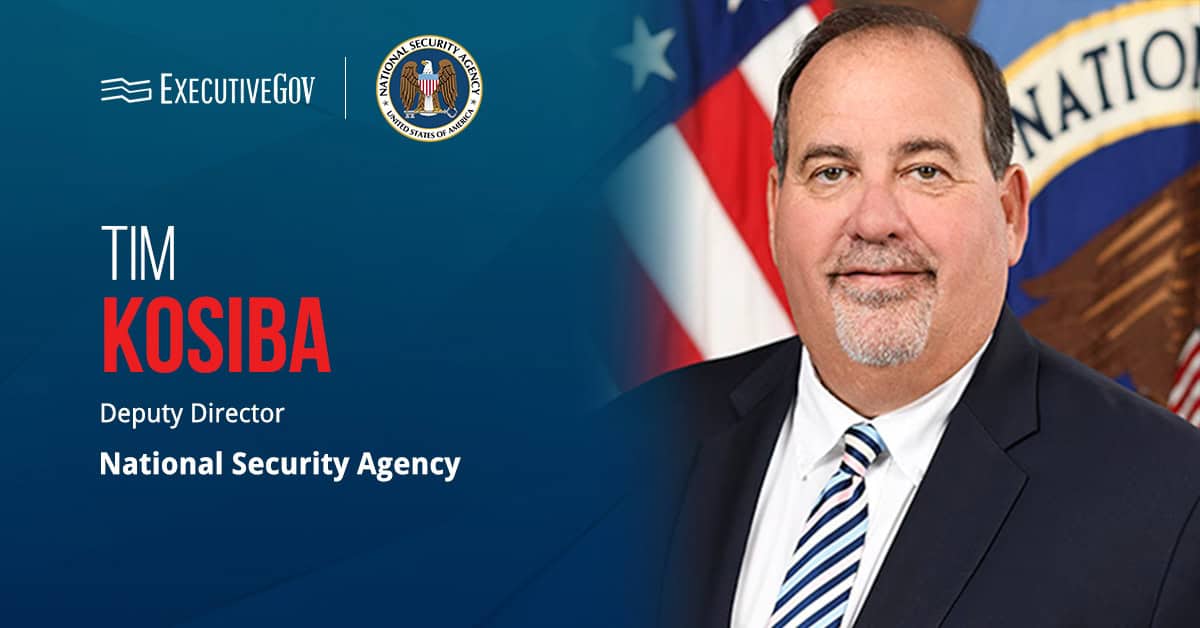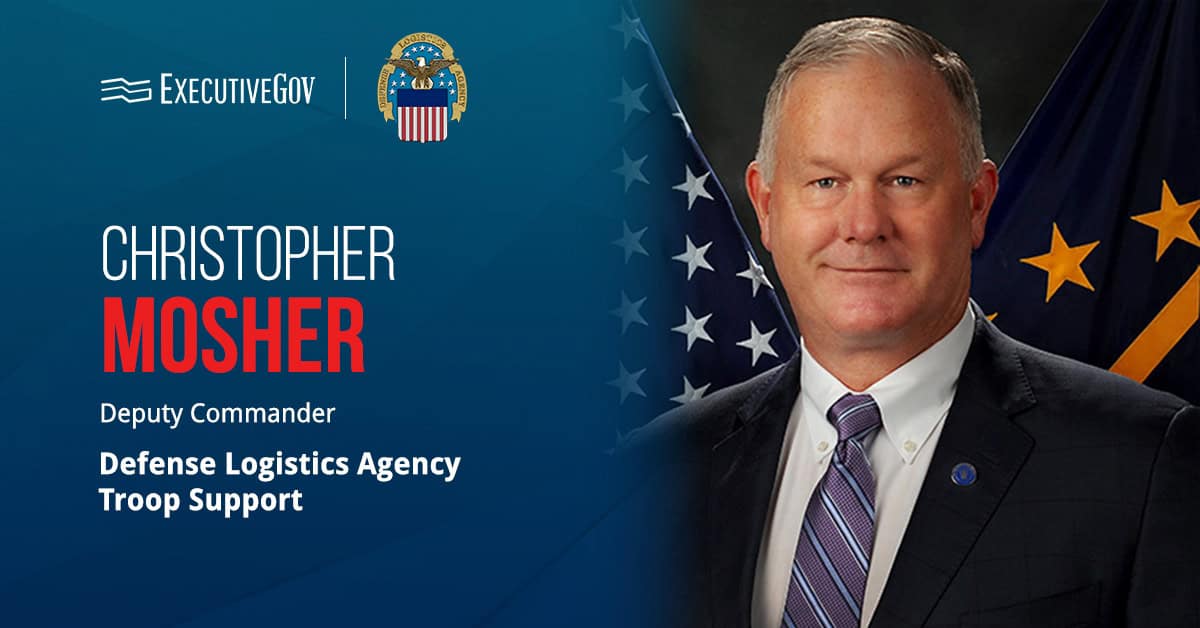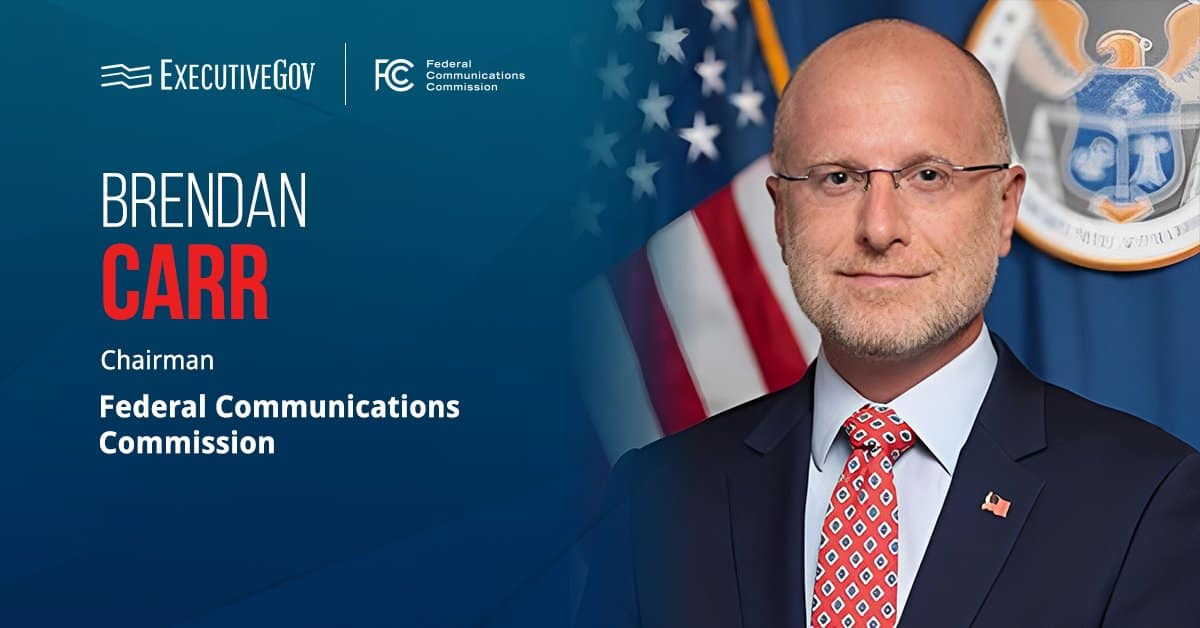
The National Nuclear Security Administration has assigned 12 schools into four new consortia as part of efforts to expand the Minority Serving Institution Partnership Program.
MSIPP seeks to support tribal colleges, Hispanic-serving institutions and historically black colleges and universities in the areas of science, technology, engineering and mathematics through access at NNSA plants, laboratories and sites, the Department of Energy said Wednesday.
The new consortia will focus on energy sciences, cybersecurity training, additive manufacturing and nuclear security technologies.
“It creates opportunities for students to explore fields that are highly competitive in the job market while also introducing them to the incredible missions of NNSA,” said Frank Lowery, associate administrator for management and budget at NNSA.





